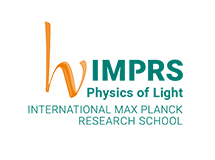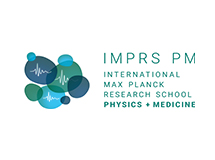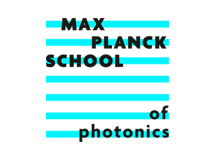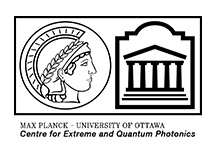Rainer Blatt - The quantum way of doing computations
Prof Rainer Blatt, University of Innsbruck, Austria
Abstract:
Since the mid nineties of the 20th century it became apparent that one of the centuries' most important technological inventions, computers in general and many of their applications could possibly be further enormously enhanced by using operations based on quantum physics. This is timely since the classical roadmaps for the development of computational devices, commonly known as Moore's law, will cease to be applicable within the next decade due to the ever smaller sizes of the electronic components that soon will enter the quantum physics realm. Computations, whether they happen in our heads or with any computational device, always rely on real physical processes, which are data input, data representation in a memory, data manipulation using algorithms and finally, the data output. Building a quantum computer then requires the implementation of quantum bits (qubits) as storage sites for quantum information, quantum registers and quantum gates for data handling and processing and the development of quantum algorithms. In this talk, the basic functional principle of a quantum computer will be reviewed. It will be shown how strings of trapped ions can be used to build a quantum information processor and how basic computations can be performed using quantum techniques. In particular, the quantum way of doing computations will be illustrated by analog and digital quantum simulations and the basic scheme for quantum error correction will be introduced and discussed. Scaling-up the ion-trap quantum computer can be achieved with interfaces for ion-photon entanglement based on high-finesse optical cavities and cavity-QED protocols, which will be exemplified by recent experimental results.
About DLS:
The Distinguished Lecturer Series (DLS) follows a colloquium format for a broad audience and will be followed by a reception to provide an opportunity for meeting the speaker.





